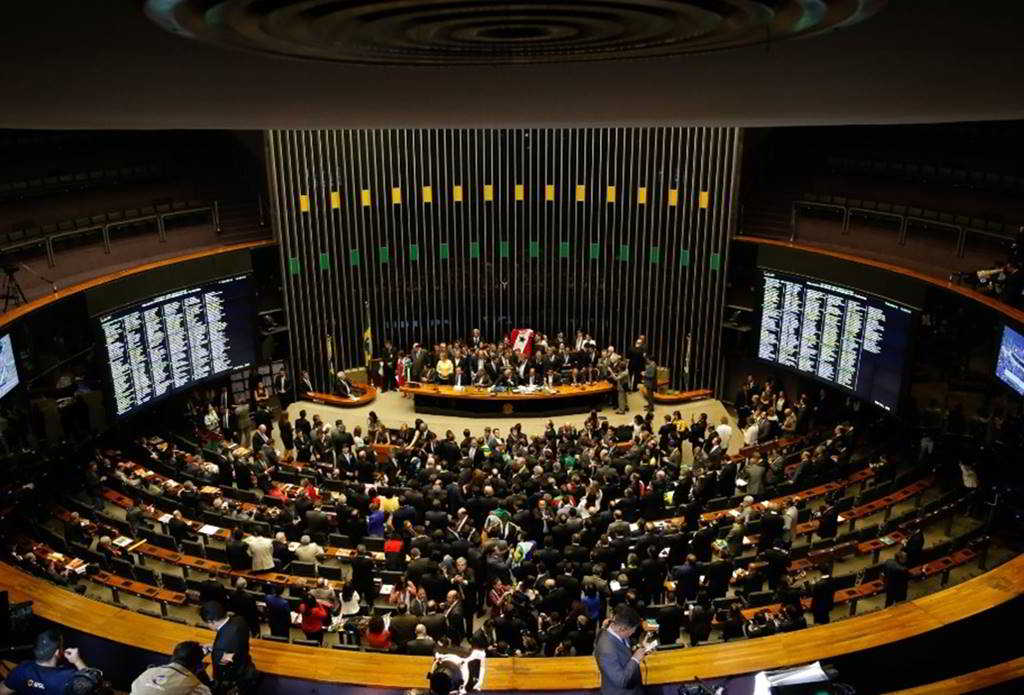The Brazilian government plans to move the country’s infamous Projetos de Lei de Iniciativa Popular or popular petitions onto the ethereum blockchain, in an effort to properly and securely collect, store, and verify hundreds of millions of signatures.
In Brazil, popular petitions are an essential part of an already tortuous and impractical electoral system, blamed to have led the country into political crisis time and time again.
According to the Brazilian Constitution, any popular petition that gets signed by 1% of the electorate must be heard in congress. In theory, a popular initiative should be a form of direct democracy, enabling citizens to get involved in political processes and suggest potential legislation and measures to be discussed in congress. In reality, however, with over 145 million people on the electoral roll, Brazil finds it nearly impossible to comply with the Constitutional requirements, due to the absence of a platform that can securely collect and verify the signatures of 1% of voters.
“Although the popular initiative does exist, there is no secure way to collect people’s signatures so people can propose bills themselves,” says Henrique Araújo Costa, a law professor at Universidade de Brasília.
“Even if the signatures were successfully gathered, verifying them is practically impossible,” says Tiago Peixoto, a World Bank specialist in using technology for civic ends.
Brazilians are trying to circumvent the logistical problem and come up with workaround solutions to get their petitions in front of congress. After gathering the required number of signatures, they try to find a legislator willing to “adopt” the initiative to be presented as his or her own bill. The process is strenuous and unsuccessful. Only four laws that originated as petitions have been passed so far.
“If we do not overcome this security issue regarding the collection of signatures, we will still be further from achieving the exercise of citizenship that our Congress promised decades ago,” Costa says.
A programmer with the Ethereum team spearheads the Brazil ethereum blockchain project
Brazilian legislators Ricardo Fernandes Paixão and Everton Fraga want to solve the issue by using the ethereum blockchain to securely collect, store and verify popular petition signatures, as part of a wider package of electoral reforms to strengthen instruments of direct democracy.
A decentralized mobile app based on the ethereum blockchain is currently being developed. Brazilians will be able to register their details with the app, and sign or submit petitions. The app will keep track of the number of signatures per petition and hash all of the daily votes to combine them into one transaction and broadcast it to the main ethereum blockchain network.
Paixão and Fraga’s Brazil ethereum blockchain project has been under development since early 2017, but is still waiting for legislative approval.
Should the system take off, Brazil’s popular petitions will be secured by a global, decentralized and immutable public blockchain.
“It would be a celebration of democracy. With this project, we are doing what the constitution says, but in practice, it hasn’t happened yet,” says legislator Everton Fraga, one of the project’s initiators and a programmer with the Ethereum team.
Brazil ethereum blockchain initiative – Featured image source: Getty Images/CNN












